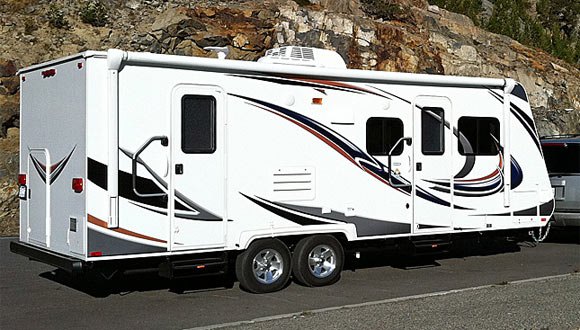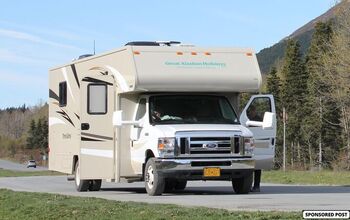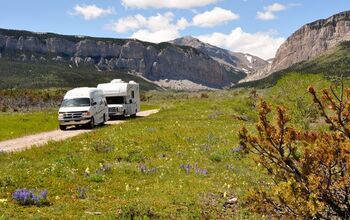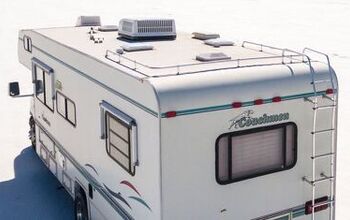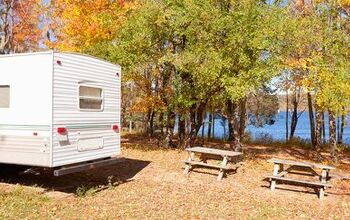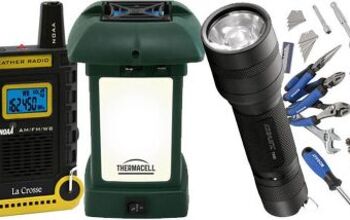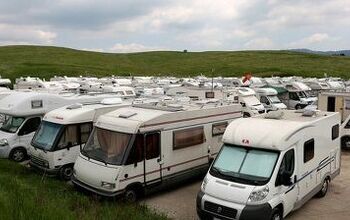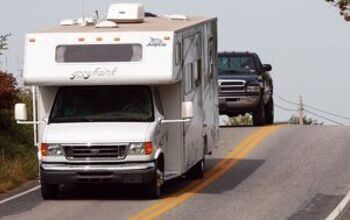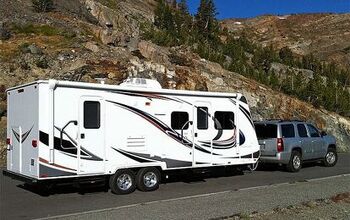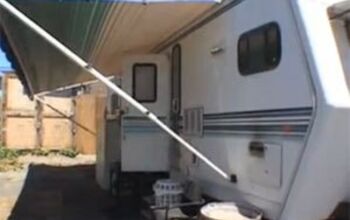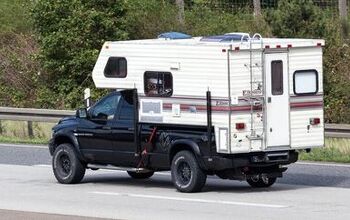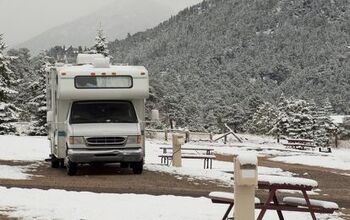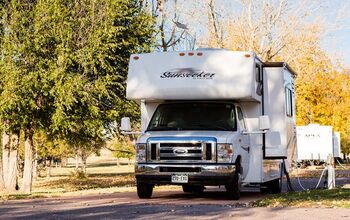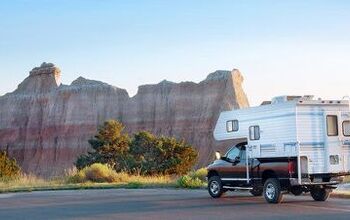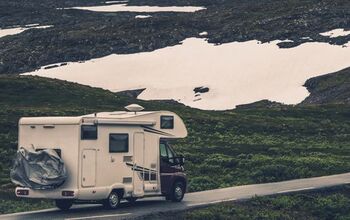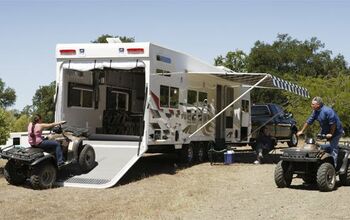Five Maintenance Tips for Your RV
An RV, from the fanciest Class A motorhome, to the most entry-level tent trailer, is a significant investment in your vacation and family fun time. It makes sense to take every step possible to keep it working flawlessly and putting smiles on your faces, instead of bigger dents in your wallet. A bad situation that is preventable can turn your RV from a recreational vehicle into a ruined vacation.
Air It Out
The first and foremost thing you can do for your camper is to air it out from time to time. This is especially true of your slide out and any canvas awnings or tent ends. Moisture leads to mildew. Mildew leads to mold. Mold leads to suffering. If you have a free weekend, and some nice weather, set the camper up in the backyard and let some air get to it.
If you check sites like Craigslist, you’ll always see pop-up campers for sale cheap. The descriptions will usually say something along the lines of “needs a little TLC.” The usual case is that they used it and it rained and they folded it up and went home. Then they let it sit for weeks or months… without setting the camper back up to dry properly. Then the next year, they pop it pen to find that it is now a mess. Don’t be that guy. Set your camper up and let it air out. If it has vents, keeping them open whenever possible lets moisture out as well as heat that can damage things in the summer.
Cover It Up
The materials that RVs are made from are made to withstand the elements, but remain lightweight in nature. Those two things don’t always go hand in hand. RVs and especially the roofs are very susceptible to the elements. The sun beating down all day long can do plenty of unseen damage with the effects of UV rays, and then add in weather damage, like hail, torrential rain and wind.
Any protection is better than none. The perfect solution is a garage or storage barn to park it in. A carport that can accommodate an RV works great too. Those portable carports can work great, just get one rated for your weather. If nothing else, get some heavy-duty tarps and cover it up. A little added protection will save some serious headaches down the road.
Check Those Seals
Use and exposure play havoc with seals around doors, vents, joints and windows. Go through routinely and clean and inspect every seal. If it needs resealing, take care of it immediately, as a bad seal can lead to major damage. Weather stripping around doors, windows and slide-outs can do well with a UV-protectant cleaner. Armor-All works pretty good, just like it does on your truck or car.
Connections
Check all of your connections, be it the lines for the stove, the waterlines for the bathroom and your electrical hook-ups. Many RVs compact down for easy traveling, which means these connections can get strained. Even normal use puts some stress on them. Go through everything regularly just to ensure that something isn’t leaking, which can lead to expensive damage, or worse. This also includes all of your wiring for your lights outside the RV and when you’re towing it if it is a trailer.
Airing Up
It may seem simple, but make sure you check the tire pressures before you take the RV onto the road – every time. A low tire can wear heavily, or worse, cause the RV to not go down the road like it is supposed to. A simple check of tire pressure and a cheap, portable air pump can save a ton of trouble.
